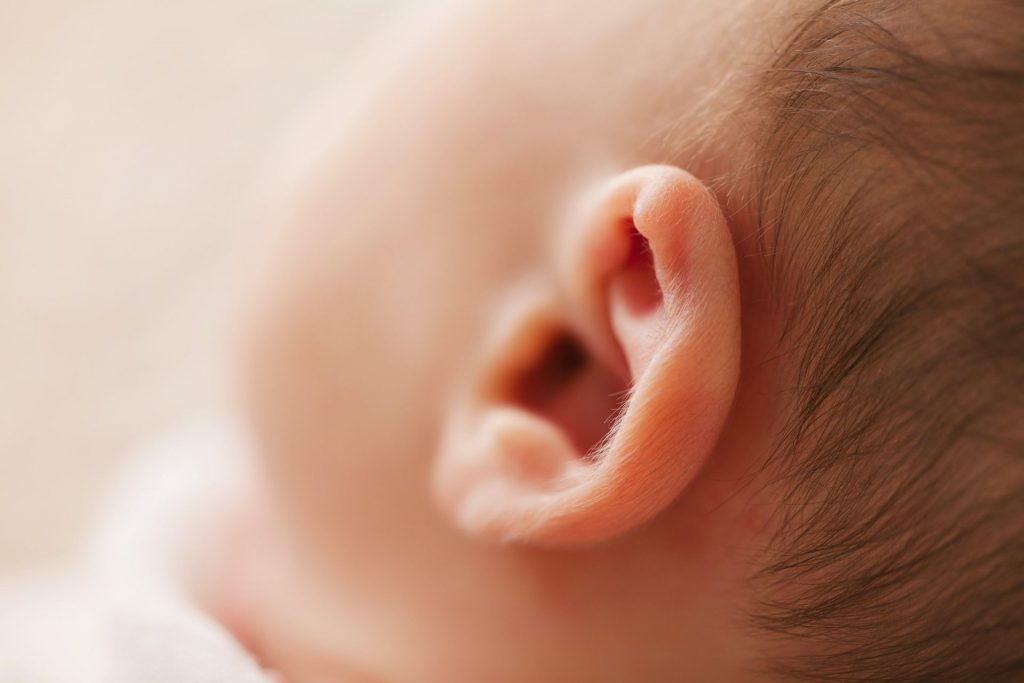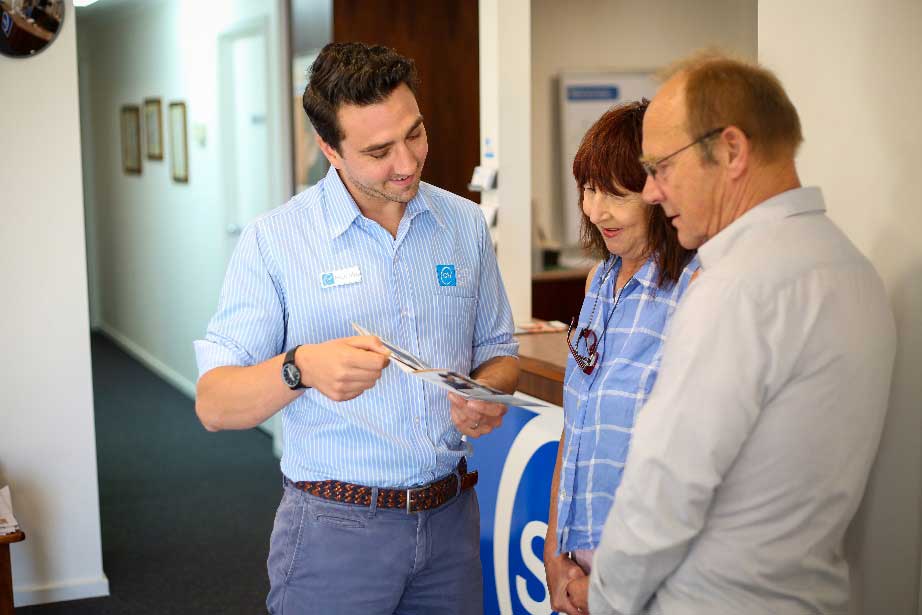Am I hearing well enough ‘for my age’?
What is age-related hearing loss?
As we go through the years, we will all most-likely gradually lose some hearing. This is known as age-related hearing loss or presbycusis and is a very common issue for many people.
In fact, around 1 in 6 Australians suffer from some form of hearing loss and that number is predicted to rise to 1 in 4 by 2050. Hearing loss can have a real impact on our day to day lives and effect anything from how easily we communicate with friends and family to being able to enjoy music or television. It can affect how we socialise and over time if left untreated can lead to feelings of isolation and loneliness. From a safety point of view, we may not hear warning alarms or traffic on the road too.
Often this hearing loss can creep up on us gradually and we don’t notice it’s affected us, sometimes accusing others of mumbling or not speaking clearly, asking for repeats, turning up the TV, and so on. The only way to really know is to have a hearing test with a trained hearing health professional (Audiologist/Audiometrist).
How do we hear?
Our hearing system is very complex and intricate and consists of 3 major sections: the outer ear, middle ear and inner ear. Within these 3 sections there are multiple working parts and nerves all helping to transmit sound to our brains. Basically:
- Someone says “Hello!”, this action sets off a sound wave through the air which travels down our ear canal and hits our eardrum, causing it to vibrate.
- These eardrum vibrations are carried through the tiny bones in the middle ear which help to amplify the signal. These bones are three of the smallest in the body and are often referred to as the hammer, anvil and stirrup.
- The amplified vibrations travel into the inner ear, or Cochlea; which is shaped like a snail’s shell and is the size of a pea. It is full of a special fluid and home to thousands of minute hair-cells. The vibrations set of a wave which stimulates these nerves.
- Depending upon the frequency of the vibrations, different areas are stimulated and they send a message up the auditory nerve to the brain where they are processed as sound, (the word ‘Hello’ in this case), and we respond – all in a matter of milliseconds!

Why do we lose our hearing as we get older?
Age-related hearing loss is often just part of the overall hearing issue with other factors to consider too. Noise-induced hearing loss is a very common cause of hearing damage and can often be a contributing factor to the overall hearing loss. Basically, exposure to loud noise over the years leads to wear and tear of our tiny hair-cells.
In some cases, issues can arise with the tiny bones in our middle ears, causing them to seize up and not transmit the sounds as well anymore. Some people may even require surgery to fix the bones or replace with a prosthetic.
Other factors than can affect our hearing as we get older are certain medications (Ototoxic drugs that damage our hearing), diabetes and even high blood pressure.
In other words, there’s usually more to hearing loss than just being ‘age-related’.
Can age-related hearing loss be avoided?
Unfortunately, there is no ‘cure’ as such for age-related hearing loss itself, however, there are lots of ways you can look after your hearing.
- Avoid exposure to excessive loud noise
- Wear hearing protection when in a noisy environment
- Don’t clean your ears with cotton buds!
- Turn down the volume when listening to music
- Have regular hearing tests
- Always seek medical advice if you experience any pain or discharge from your ears
If you do have a hearing loss, often the use of hearing aids will be very beneficial and can even help ease the symptoms of tinnitus (ringing in the ears). There is also evidence to suggest their use can help to prevent cognitive decline.
How can I tell if I have a hearing problem?
There are usually some tell-tale signs that there is an issue with your hearing. Consider some of these questions, do they sound familiar?
Do you…
- often ask for repeats or say ‘what’?
- find it very hard to hear in groups or background noise?
- turn the TV up louder but it’s getting no clearer?
- avoid going to social functions as you find it embarrassing that you can’t hear?
- feel that others mumble or don’t speak clearly enough?
- find it difficult to hear on the phone?
- feel exhausted after a social event?
All of these are commonly reported by those with some hearing loss. The good news is that there’s lots than can be done.

What should I do if I’m having difficulty hearing?
The first thing to do if you’re having difficulty hearing is arrange to have a hearing test. Either speak to your GP for their recommendation or visit your local hearing healthcare provider.
At a hearing assessment appointment an Audiologist or Audiometrist will take a history regarding your hearing and ear health and take you through several different tests to try to establish if there are any issues with your ears and/or hearing. If a hearing loss is found, your clinician may recommend a trial of some hearing devices, like hearing aids or ‘assistive listening devices’. These days hearing aids are very smart bits of technology and not only help the user hear more clearly but can also connect to your mobile phone, TV and have rechargeable options too. They come in a large range of shapes and sizes and different levels of technology to accommodate everyone’s requirements and budget.
In some cases, it may be necessary to refer back to your GP for further investigation and in turn they may occasionally refer on to an ear, nose and throat specialist – an ENT or Otolaryngologist is a Doctor who specialises in treating problems with the ear, nose, throat and neck. These surgeons perform lot’s of different operations on ears from grommets for kids (small tubes inserted through the ear drum to help ease middle ear problems common in children) to Cochlear implants (a minute device is implanted within the inner ear to help ‘rewire’ the auditory nerves for those with severe hearing difficulties).
Think about going to the dentist. It’s the norm to have a check-up once a year and if you have a toothache you book yourself in straight away for an appointment as you know it’s not going to get better without attention. Our hearing can be something that we all take for granted and it’s easier to just ignore problems we’re having. However, much like many other health issues, the sooner that you get proactive about it, the better the results will be.










